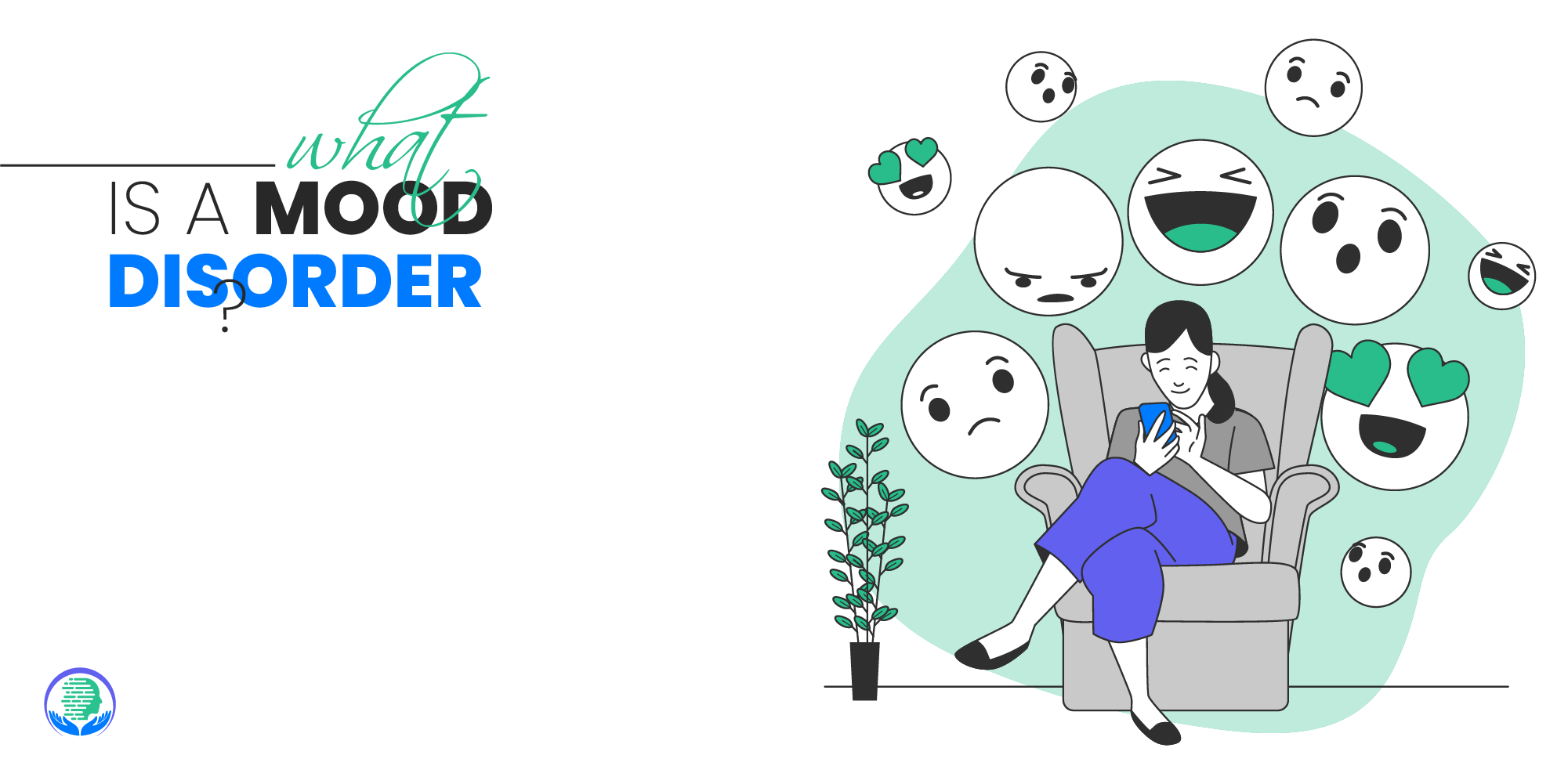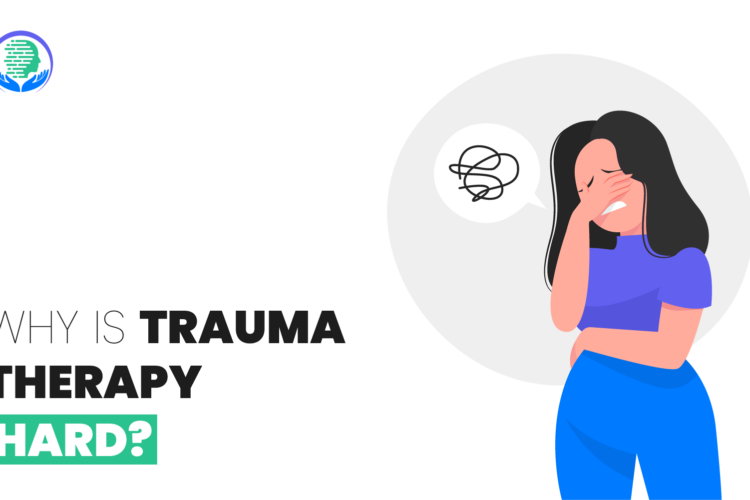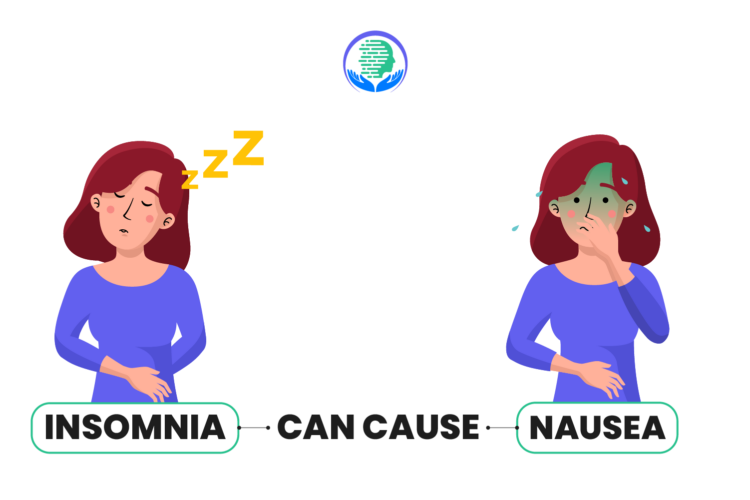
A mood disorder is a mental health condition that mainly influences your emotional state.
It’s a disorder in which you observe long periods of utmost happiness, severe depression, or both.
Similarly, some mood disorders include other consistent emotions, such as annoyance and irritability.
It is a treatment condition that can be done — typically with a combination of medication and psychotherapy (talk therapy).
If you are experiencing mood swings, you may contact Zion Healthcare Services.
Overview of Mood Disorders
Mood disorders, such as anxiety and bipolar disorder, disturb people affectionately.
If you have any mood swings, you may feel inadequate and unfit in that situation.
You also may be nervous. Furthermore, during bipolar disorder, you’ll likely have mood swings.
Your feelings may vary from being upset, having no motive, or being bad-tempered to becoming happy.
Likewise, you’ll experience going back and forth between each mood and being unable to handle them. Mood disorders are more frequent in women than men.
Having a mood disorder may increase your risk of suicide. This risk is complex if the mood disorder is serious and you also have difficulties with alcohol or drugs.
You may contact us to learn more about mood disorders and treatment details!
Symptoms of Mood Disorders
Mood disorders can lead to trouble handling life’s daily tasks.
There are various types of mood disorders. They can have very diverse effects on quality of life. In general, symptoms may include:
- Loss of interest in things.
- Unusual eating than normal.
- Fatigue
- Sleep disorders.
- Crying.
- Depression.
- Carelessness.
- Feeling isolated.
- Difficulty in focusing on things.
- Decision-making issues.
- Feelings of blame.
- Irritability.
- Suicidal thoughts.
Causes of Mood Disorders
The exact cause of the mood disorder is unknown.
A diversity of factors are there to contribute, and they are inclined to run in families.
There is no sole factor that alone causes mood disorders.
Several factors are supposed to play a role. Additionally, a few things can enhance a person’s risk of developing a mood disorder.
Some factors that can play a role include:
- Genetics.
- A family history.
- Neurotransmitter imbalances.
- Having other mental health issues.
- Traumatic events.
- Personality traits.
- Chronic stress.
- Chronic health conditions.
- Taking medications.
For more information please visit:
Treatment for Mood Disorder
Possibilities for treating affective disorders include medications, psychotherapy, and lifestyle changes.
Treatment for mood disorders depends on the severity of your symptoms.
-
Medications
Various psychiatric medications are available for the treatment of various mood disorders.
They work in different ways to correct imbalances in neurotransmitters in the brain.
These include:
- Antipsychotics.
- Antidepressants.
- Mood stabilizers.
- N-methyl-D-aspartate (NMDA) receptor antagonists.
-
Psychotherapy
Psychotherapy is a mutual part of treatment for all mood disorders.
Among the many choices, there are two that are more commonly used:
- Cognitive Behavioral Therapy (CBT) involves recognizing and changing negative, disruptive thought patterns. It is used to treat both bipolar disorder and depression.
- Dialectical Behavioral Therapy (DBT): This was shaped for the treatment of borderline personality disorder (BPD) but has meanwhile proven useful for depression and bipolar disorder.
Seek Professional Help
If you’re anxious that you may have a mood disorder, consult your concern with your mental health professional as soon as possible.
Consult a healthcare professional if you:
- Think that your feelings are down most of the time.
- Start to avoid participating in social gatherings.
- Have feelings of guilt and worthlessness.
- Feel tired, fatigued and have no energy.
In a Nutshell
Mood disorders consist of depression and bipolar disorders.
If mood episodes interact with your daily life, speaking with your healthcare provider is vital.
Support is available if you or someone you know observes upsetting mood changes.
So, reach out to us at Zion Healthcare Services PLLC.
FAQs
What are examples of mood disorders?
The most common types of mood disorders are:
- Depression.
- Dysthymia (dysthymic disorder).
- Bipolar disorder.
What is the definition of a mood disorder?
A mood disorder is a mental health condition that primarily affects you emotionally.
Can mood disorders be cured?
Yes, mood disorders can be cured over time.
How does mood disorder affect daily life?
Depressive disorders cause loss of desire in most or all events and eventually affect your quality of life.


